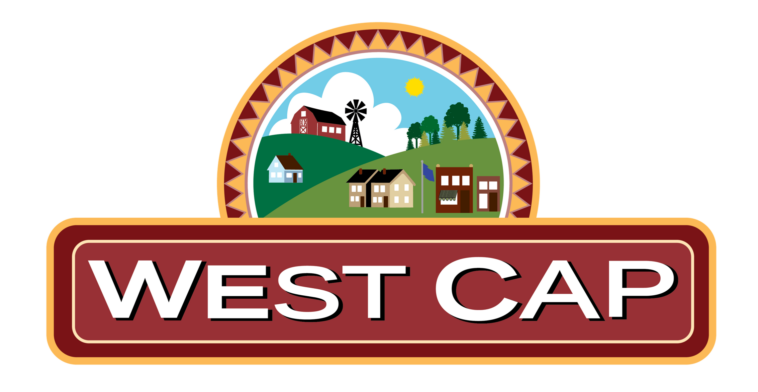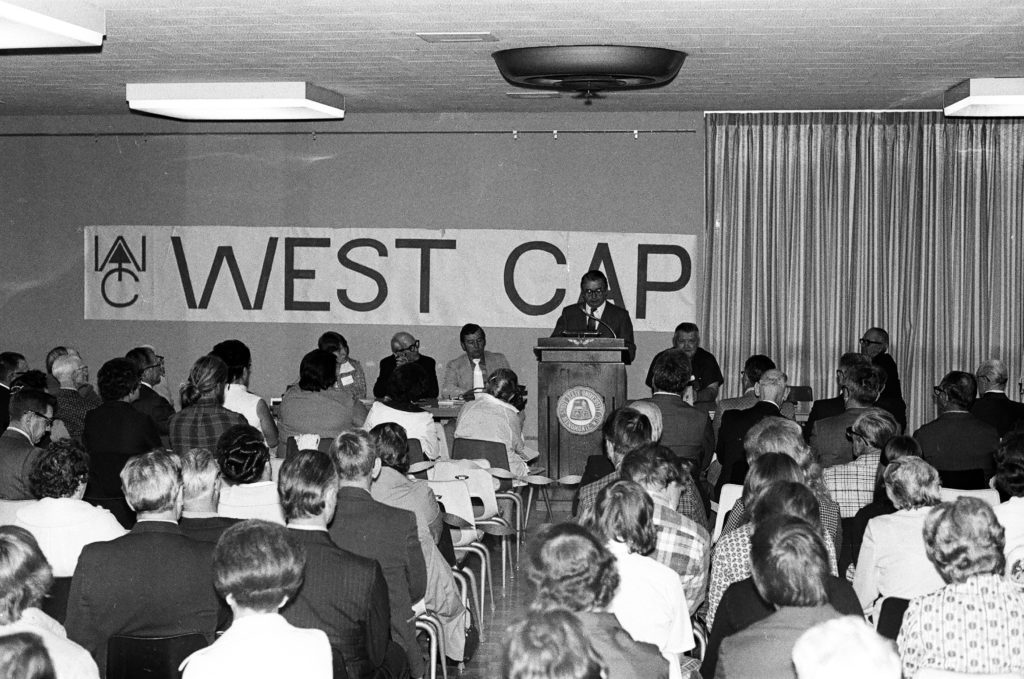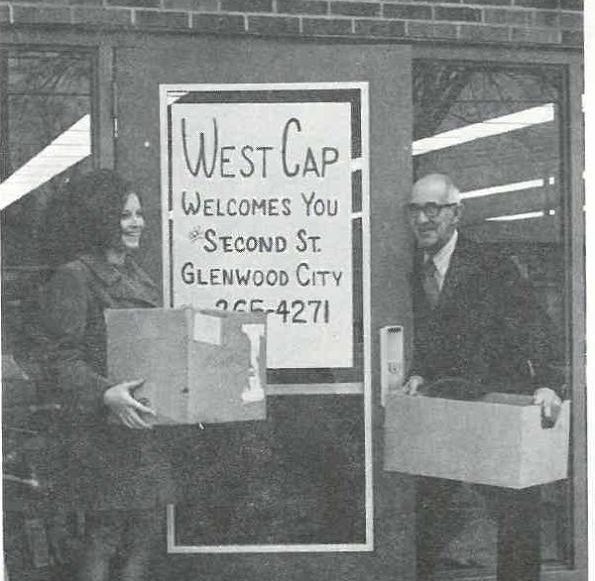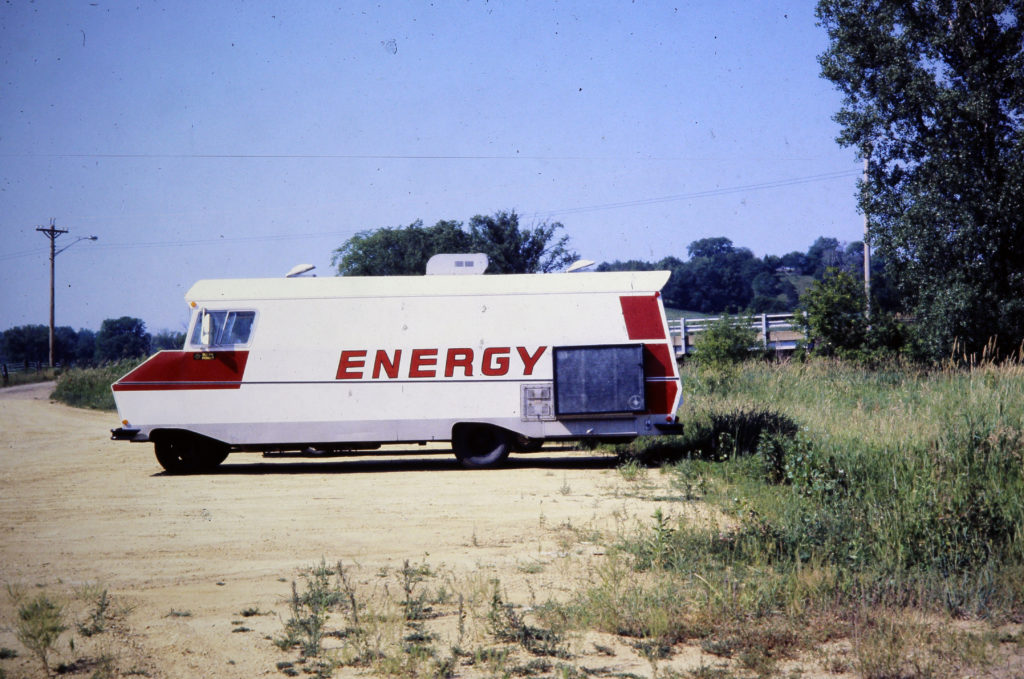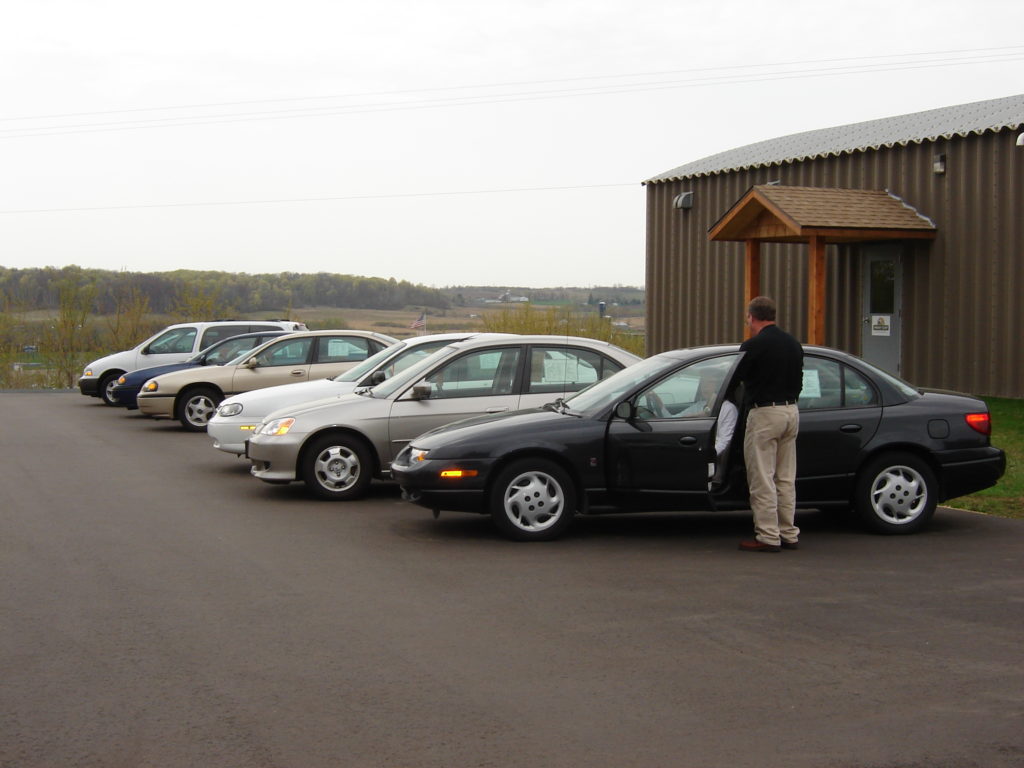HISTORY & ACCOMPLISHMENTS
West CAP is one of approximately 1,100 Community Action Agencies in the United States. These organizations were created by the Economic Opportunity Act of 1964, planned by the administration of President John F. Kennedy, and then passed into law under the Johnson administration. Kennedy’s initiative was motivated by the writing of Michael Harrington in the The Other America, study of poverty in America. The 1964 Economic Opportunity Act created a number of anti-poverty programs, including: Head Start program, various job training programs, VISTA, Community Food and Nutrition programs, and others. Community Action Agencies were designed by the Act to operate anti-poverty programs in their communities.
West CAP (West Central Wisconsin Community Action Agency, Inc.) came to life in 1965, following the authorizing resolutions of seven area counties: Barron, Chippewa, Dunn, Pepin, Pierce, Polk, and St. Croix. West CAP was organized as a non-profit corporation with a local board of directors. Under current law, that board is composed in equal thirds of democratically selected low-income members, representatives of county government, and representatives from community businesses and organizations. The corporation was initially located in Menomonie, on the campus of UW-Stout. It rapidly outgrew the “little pink house” rented from Stout and moved into a former bank building and adjacent offices in downtown Menomonie.
Further growth led to a search for long-term premises. Glenwood City offered to build a facility. Jake Banks was hired as the first Executive Director.
1967 – Helping Hands marketed crafts for elderly & disabled persons.
1968 – Project “Outreach” – a hallmark of Community Action.
1969 – 1st Parent Child Center in the nation
1971 – The Tri-Coop built several panelized, bolt-together
houses. A set of them served as Impact 7 offices in Turtle Lake.
1974 – The 1st of the nationally CSA-funded Weatherization programs.From
1972 – 1976, VISTA dentists and hygienists staffed a full-service
clinic, providing education and dental services to hundreds of persons per year.
Patrick Pesek-Herriges becomes Executive Director.
In 1974, West CAP established the first of the federally-funded Weatherization programs. Today, it is a “whole house” service featuring state-of-the art technologies. Weatherization crews work on hundreds of homes or apartments annually to make homes more efficient, comfortable, and affordable.
In 1980, West CAP conducted the first distribution of commodities in its seven-county area. Commodity services have evolved into the current food access program, providing food resources to area food pantries under the management of West CAP. Food Access and Resources (TEFAP) now aids dozens of food pantries in addition to several homeless shelters and one soup kitchen. The Commodity Supplemental Food Program and Senior Farmers’ Market Voucher Program are additional food security programs that target elderly households.
1990 – One of the first 24 CCDP Early Head Starts.
1991 – West CAP locally invented the Supportive Housing Program.
1992 – The Jobs and Business Development Program started. Led to 105 business start-ups and 212 jobs.
1993 – the agency became a Community Housing Development Organization (CHDO). West CAP currently has over 300 affordable rental units under management, including student housing in Rice Lake, WI.
1995 -TEFAP food distribution began at West CAP.
2004 – Purchased Stout Road office building in Menomonie.
2005 – West CAP began helping low-wage workers improve their earning ability through the Skills Enhancement Program and in 2009 expanded our adult education opportunities to include Literacy for adults.
2002-2009 Purchased or completed 7 multi-family housing projects including Glenwood Commons, 96 bed student housing in Rice Lake.
2010 – Designated an “Organization of Excellence” by the
Annie E. Casey Foundation.
2012 – Launched the Family Table home cooking and nutrition program.2012 – Relocated the food pantry to the old grocery store building on Main Street in Boyceville. Renovated 4 upper apartments by our Deep Retrofit Program.
· 2014 – Client Amy Treptow is honored by the US Congress for her submission to the Community Action’s War on Poverty Storyteller Contest.
In 2015, West CAP celebrated its 50th Anniversary assisting low-income residents in west central Wisconsin with a public event. The event included guest appearances by Patrick Pesek-Herriges, former West CAP Executive Director, and Michael Perry, New York Times Bestselling Author, Humorist, and Singer/Songwriter – “Whoops…How’d That Happen.”
In 2024, West CAP partnered with neighboring CAP agency, Western Dairyland, to offer a 2-part Leadership Development training offered to staff from both agencies in a collaborative effort. The leadership series culminated with a gathering and panel discussion about Community Action featuring past and current Executive Directors (ED). Pictured left to right are former West CAP Executive Director, Patrick Pesek-Herriges, past Western Dairyland ED, Jim Schwartz, current Western Dairyland CEO Anna Cardarella, and recently retired Executive Director of West CAP, Peter Kilde.
